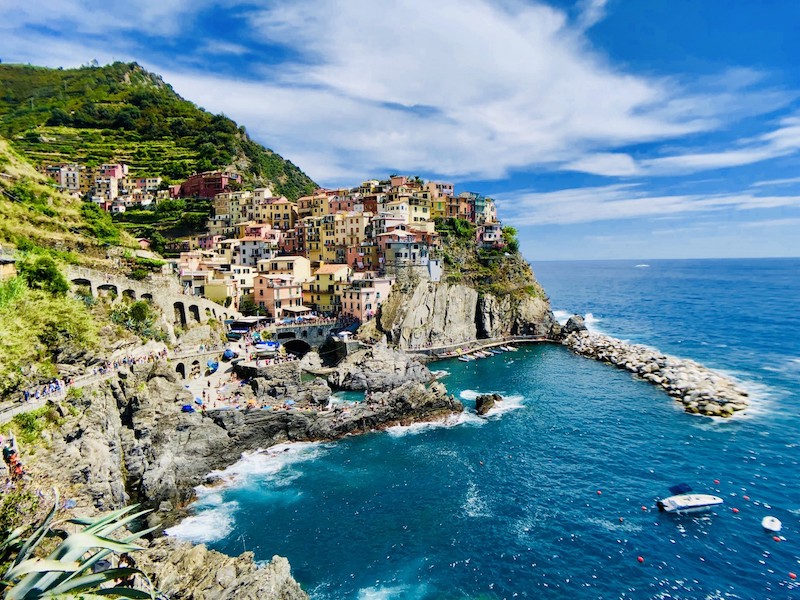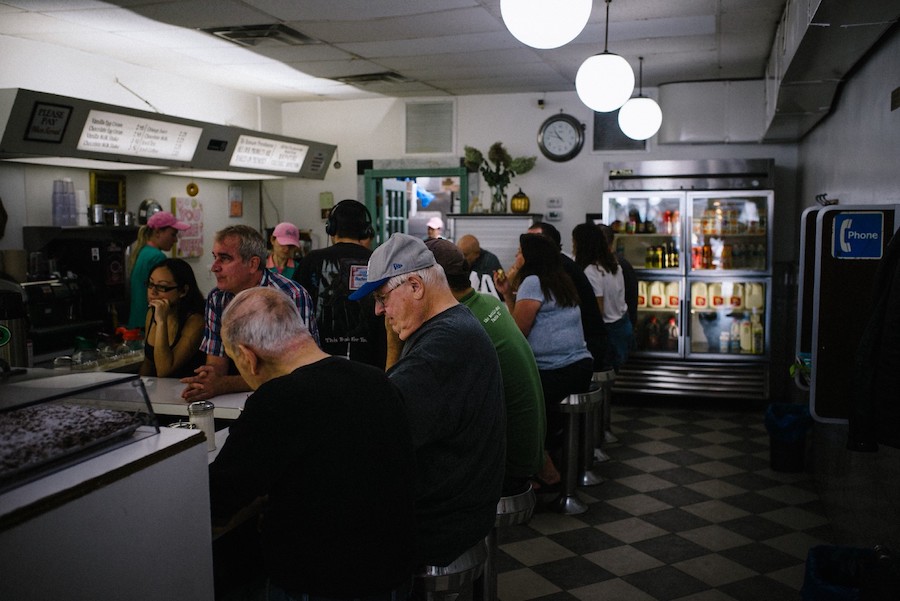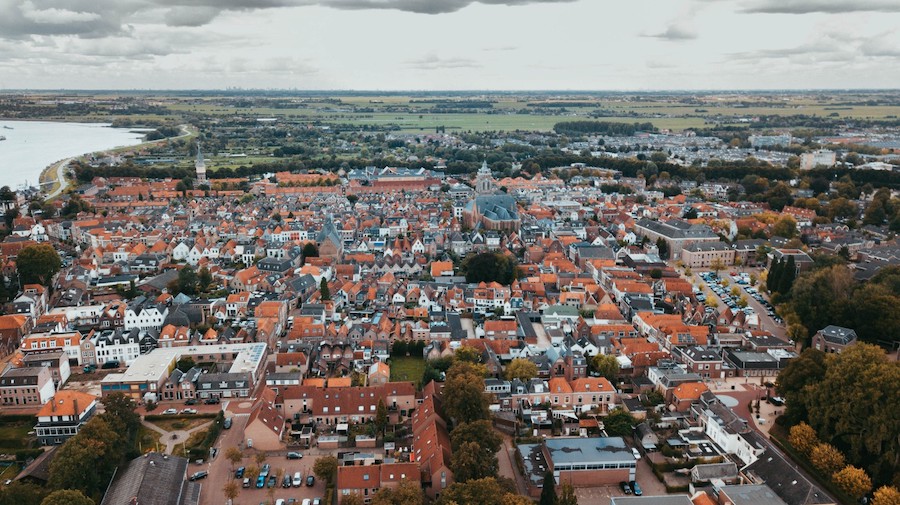
Are Digital Nomads Ruining Communities Around the World?
The rise of the digital nomad started in the early 2000's with the spread of wifi internet, massive growth of tech startups, and low-cost ease of travel.
Since then - for better or for worse - it has evolved quite a bit…
There was the late 2000's with the release of Tim Ferris's bestseller The 4-Hour Workweek - which introduced how to outsource your most time-consuming tasks to low-cost admins in SE Asia. Coupled with living on a smaller budget and using the internet for leverage - followers of the book became the next wave of DNs…
However, this mostly applied to US citizens and others in 1st world countries that benefited from super-good visas and the advantageous exchange rate.
In the mid-to-late 2010's, more companies started to work remotely and regions around the world started to accommodate these traveling workers…
Where Ferris's book ushered in a community of entrepreneurs ready to create a business that fit their **lifestyle ** - the next evolution became more friendly to non-entrepreneurs. People that still wanted to travel and work from anywhere, but had no issue with working for a company in the 'standard 9–5'.

Today, due to COVID-19, the digital nomad scene has hit peak intrigue - some may even say mainstream levels.
Whereas before it was solely entrepreneurs and highly-skilled, tech workers moving to the same handful of locations around the world - now nearly any job that doesn't require a physical presence, in any town with a half-decent WiFi signal becomes a potential remote working hotspot.
So with this new remote lifestyle (which the current majority of workers favor) the looming question becomes…
Are digital nomads/remote workers helping or hurting communities around the world?
As with most things, I think the truth lies somewhere in the middle with benefits and costs to these new nomadic workers.
Downsides

The first thing that comes to mind with remote workers invading another town is the difference in culture.
Let's be real - a lot of tech bros and gals are pretty douchey…
I didn't say most…just a good amount.
When these folks infiltrate a sleepy, beach town demanding cappuccinos with a new art design on every coffee, and the locals haven't been to either Melbourne or Brooklyn - the cultures are bound to clash…
Now nomads are generally problem-solving people - so anything that doesn't match their expectations isn't seen as a 'different culture' - they see them as problems that need to be solved…
And if that means someone that was used to New York's fast-paced, killer-attitude storms into a Costa Rican surf town - welllllll, they're going to have some cultural issues.
Which brings me to the next point…
Classism.
Someone making an average US/Euro/Aussie salary that moves to a town where the majority of locals are paid a small percentage of that is going to have a huge wealth gap. When there are various industries in a foreign town/city, this may not affect society much - but when tourism becomes the primary industry, it's bound to have a working & serving class (been to Bali anyone?).

When digital workers first start moving to a town, this has a lesser impact.
During this time - smaller numbers of various cultures and income levels don't overpower local culture and customs. However, over time, when remote workers hit a certain percentage of the local population - they can't help but begin to influence the local culture.
This creates gentrified towns and islands.
Now, most of these traveling workers don't want this to happen. They sincerely want assimilate to wherever they are settling…
…but they'll likely leave within a few months and new similar tourists will move in to fill their shoes. Therefore they don't have the same skin in the game that a lifelong 'x-er' has about their hometown.
Benefits

With all the bad shit behind us - lets talk about the benefits of these computer-wielding laborers.
The first and most obvious benefit is the influx of money into smaller communities that could better use it.
For the past decade or so, cities like NYC, SF, etc. lost productive innovation in everyday businesses. I believe this helped catapult the 'uber-hipster of everything movement' - AKA I don't know what else to innovate, so let's find a fad from the 70's/Soviet Union/etc. and charge a ridiculous amount because it's super cool.
I couldn't be more excited for money and innovation to flow into the countrysides, deserts, mountains, and beach towns around the world. The fusion-created businesses in these areas are going to be amazing!
Not only will this migration affect everyday businesses, but it has already helped bring tech influence - and other skills mostly found in cities - to the rural areas around the world.
The lazy, city-slicker problems - like figuring out how to get groceries delivered directly into your refrigerator so you don't have to get off the couch - will change to - how can we increase crop yields, regenerate land to use less CO2, and other real-world problems.

Along with the addition revenue flowing into rural communities - remote workers may actually help relieve some the pressures of classism that I spoke of before. I think domestic, remote workers actually will help relieve classism within countries as the income distributions won't be as city/rural specific.
And this migration won't just be good for communities…
It'll be good for workers too.
Mental health and burnout is a pandemic in city life. Rural life tends to be more laid-back and connected to reality. Live and work in NYC for a year and you'll feel like it took 5 off your life.
It's no secret that office workers could use a bit less stress - and I'm sure on the other side, there's a few folks in rural towns across the globe that wished things moved a bit faster in their little corner of the world.
We could all use a bit of balance.
Furthermore - the more people move to different regions and work remotely, the more companies will get used to it. This may work against the current corporate employee that expects to keep their $100K+ salary - but hell they're probably willing to take a pay cut to live wherever they want anyway.
Future

So what does the outlook on a remote working future look like…
With the spread of knowledge, will come the democratization of jobs.
Wage gaps will shrink, stress levels will lower, new innovative businesses for global workers will arise, and there will be more innovation happening in and around smaller communities.
So it'll be a perfect world right!?
Haha let's be real…we're descendants of apes…
But things will continue to evolve as they always have. Where I still see some of the slowest moving bottlenecks…many that seem ridiculous to those of us who have been living and working remotely for years now…
- Visas
- Taxes
- Healthcare
- Short-term housing
…basically the industries to become a true global citizen.
After bouncing around for many years - I've realized it's much more enjoyable and effective to stay longer-term in any one location. But most nomads are pushed around due to governments being silly (aka fucktards).
People that stay put for longer - with more security - become more a part of the community which leads to stronger relationships, more community-based philanthropy, better work, and more innovation.

